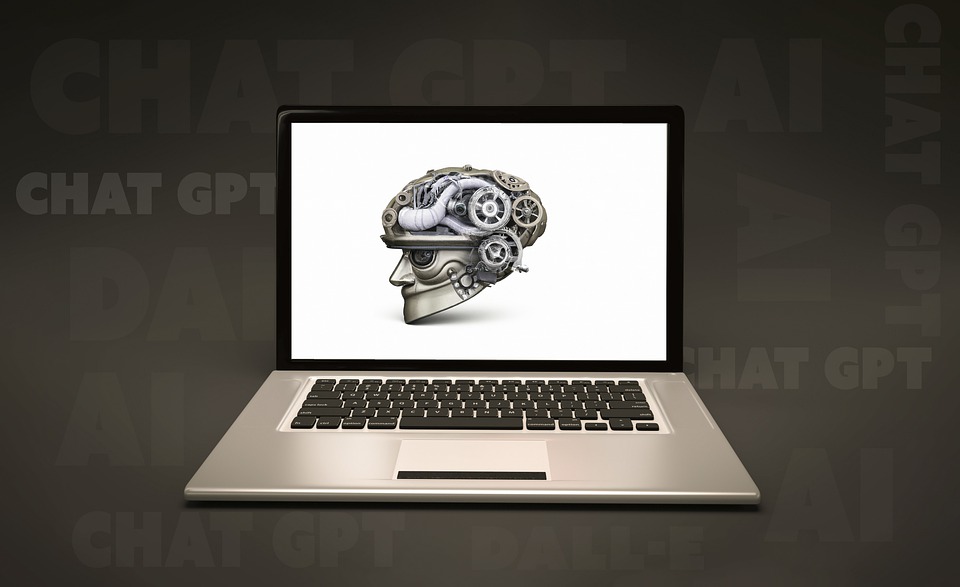The Rise of Artificial Intelligence
Artificial intelligence, or AI, has become one of the most talked-about technologies in recent years. From self-driving cars to digital assistants like Siri and Alexa, AI is rapidly transforming the way we live and work. But what exactly is AI, and how does it work?
What is Artificial Intelligence?
AI refers to the simulation of human intelligence in machines that are programmed to think and learn like humans. This includes tasks such as problem-solving, decision-making, speech recognition, and language translation. AI is typically divided into two categories: narrow AI, which is designed to perform a specific task, and general AI, which is designed to outperform humans at nearly every cognitive task.
How Does Artificial Intelligence Work?
AI systems use algorithms and data to mimic human intelligence. These algorithms are trained on vast amounts of data to recognize patterns and make informed decisions. Machine learning, a subset of AI, allows machines to learn and improve their performance without being explicitly programmed. Deep learning, a specific form of machine learning, uses artificial neural networks to model complex patterns in data.
Applications of Artificial Intelligence
AI is being used in a wide range of industries, from healthcare to finance to manufacturing. In healthcare, AI is being used to analyze medical images, predict patient outcomes, and personalize treatment plans. In finance, AI is being used to detect fraud, optimize trading strategies, and provide personalized financial advice. In manufacturing, AI is being used to optimize production processes, predict equipment failures, and improve product quality.
The Future of Artificial Intelligence
The potential of AI is immense, with the technology poised to transform nearly every aspect of our lives. As AI systems become more sophisticated and capable, they will continue to automate tasks, make decisions, and solve problems at a level never before seen. However, there are also concerns about the ethical implications of AI, including issues of bias, privacy, and job displacement.
Despite these challenges, it is clear that AI is here to stay and will play an increasingly important role in society. As researchers and developers continue to push the boundaries of what is possible with AI, we can expect to see even more groundbreaking innovations in the years to come.

